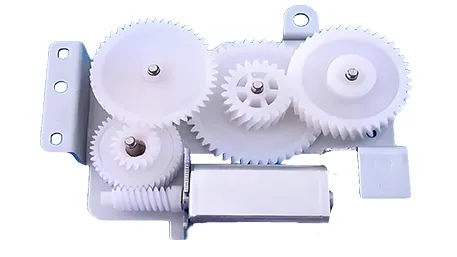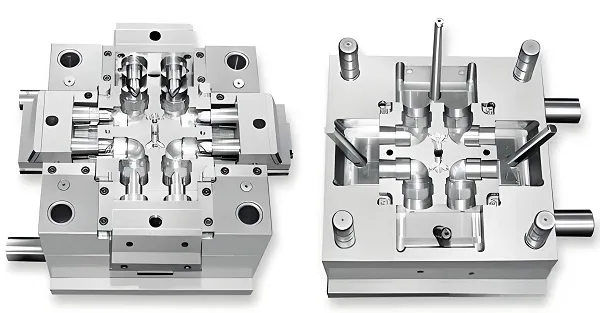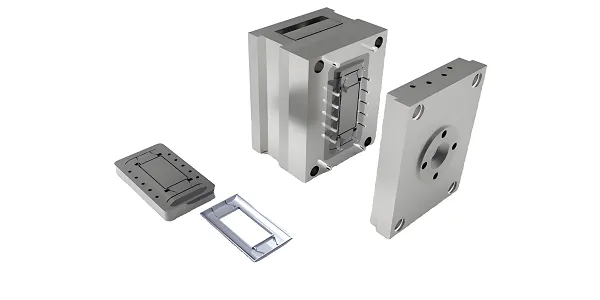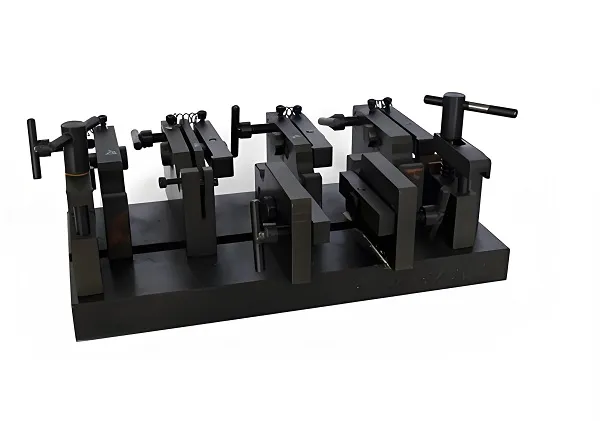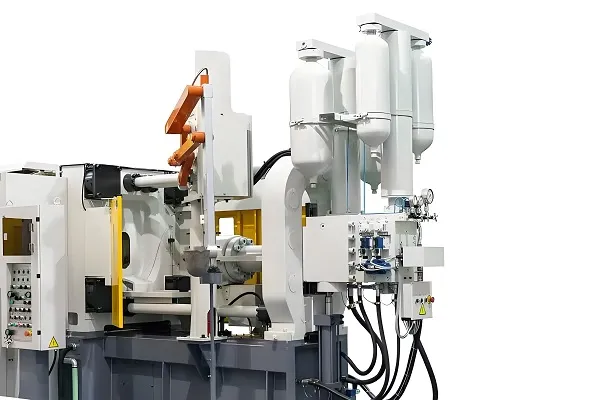CNC machining, or Computer Numerical Control, is a highly automated and precise manufacturing technology that uses pre-programmed computer instructions to control the movement of machine tools (such as milling machines, lathes, drilling machines, etc.) to achieve efficient and precise machining of workpiece materials. It uses pre-programmed computer instructions to control the movement of machine tools (such as milling machines, lathes, drilling machines, etc.) to achieve efficient and accurate processing of the workpiece material.CNC machining technology combines computer technology, automatic control technology and precision machinery technology, is an indispensable and important part of the modern manufacturing industry.
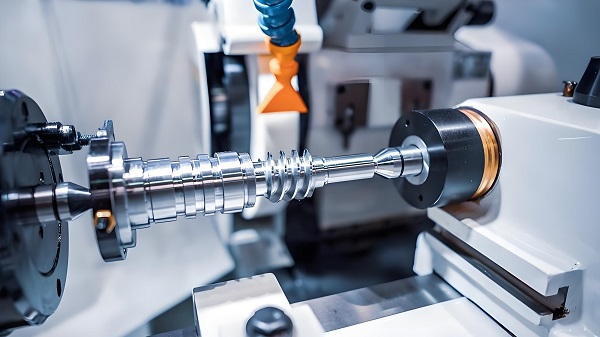
1. CNC machining technology principle
CNC machining technology is based on the principle of computer numerical control system for precise control of machine movement. First of all, through the CAD (computer-aided design) software to design the three-dimensional model of the workpiece, and generate the machining path; then, the use of CAM (computer-aided manufacturing) software will be converted to the machining path machine tool can be recognized as the CNC code (G code); Finally, the G code will be input to the CNC machine tool control system, the control system to analyze the code and control the machine tool servo motors, spindles, feed mechanisms and other components in accordance with the predetermined trajectory and parameters for the CNC machining process. Finally, the G code is input into the control system of CNC machine, the control system analyzes the code and controls the servo motor, spindle, feed mechanism and other components of the machine to move in accordance with the predetermined trajectory and parameters, so as to realize the cutting, drilling, milling and other machining operations on the workpiece.
2. CNC machining product customization
CNC machining technology provides great flexibility and precision for product customization. Whether it is a simple geometric shape or a complex curved surface structure, CNC machining can be customized according to customer needs. By adjusting the machining program and cutting parameters, precise control of workpiece size, shape, accuracy and surface quality can be achieved to meet the specific needs of different industries. In addition, CNC machining also has the ability of small-lot production and rapid prototyping, which provides strong support for product development and innovation.
3. Introduction of CNC machining materials
CNC machining is suitable for a wide range of materials, including but not limited to the following:
Metal materials: such as steel, stainless steel, aluminum alloys, copper, titanium alloys and so on. These materials have good cutting performance and machinability, and are the most commonly used materials in CNC machining.
● High strength and good toughness, suitable for the manufacture of various mechanical parts and structural components.
●Easy to cut, high surface quality after machining, can meet the requirements of high precision and high quality.
●Can be heat-treated as needed to improve the mechanical properties and wear resistance of the material.
●Recyclable, in line with environmental requirements.
Non-metallic materials: such as plastics, rubber, wood, composite materials, etc.. Although the processing difficulty and cutting parameters of these materials are different, CNC machining can also achieve good processing results by choosing appropriate tools and cutting strategies.
● Light weight, corrosion resistance, good insulation, suitable for applications in specific fields.
● High safety as sparks and heat are not easily generated during machining.
●Surface treatment can be performed as needed to improve aesthetics and durability.
●Some of the materials have good plasticity and moldability, making it easy to process into complex shapes.
4. Characteristics of CNC-machined products
CNC-machined products have a variety of significant characteristics.
High precision: CNC machining can realize micron-level machining precision, ensuring that the size and shape precision of the workpiece meets the design requirements.
High surface quality: the surface of the machined workpiece is smooth and burr-free, meeting the requirements of high precision and quality.
High efficiency: CNC machining is characterized by high automation and high productivity, which can shorten the production cycle and reduce costs.
Flexibility: It can be customized according to customers’ needs to meet diversified market demands.
Good stability: the high rigidity and stability of CNC machine tools ensure the stability of the machining process and the reliability of the machining quality.
Machining accuracy: ±0.01mm (varies according to machine model and processing conditions)
Surface roughness: Ra 0.8μm or less (can be adjusted according to demand)
Production efficiency: more than 30% compared to traditional machining
Tool life: depending on material type and cutting conditions, generally up to hundreds of hours
Machining range: widely applicable to the machining of workpieces of various sizes and shapes
CNC Machining FAQ
Q: What industries is CNC machining applicable to?
A: CNC machining is widely used in many industries such as automobile manufacturing, aerospace, mold manufacturing, precision instruments, electronic communications, medical equipment, etc. It is used to process a variety of high-precision, high-quality parts and components.
Q: How to improve the accuracy and surface quality of CNC machining?
A: The key to improve the accuracy and surface quality of CNC machining lies in selecting appropriate machine tools, cutting tools and cutting parameters, as well as optimizing machining paths and cutting strategies. At the same time, regular maintenance and upkeep of the machine tool to maintain its stability and accuracy are also important factors in ensuring machining quality.
Q: What are the advantages of CNC machining over traditional machining?
A: CNC machining offers higher machining accuracy, better surface quality, greater material adaptability and higher productivity than traditional machining. In addition, CNC machining is capable of realizing complex shapes and high-precision machining tasks to meet diversified market demands.

